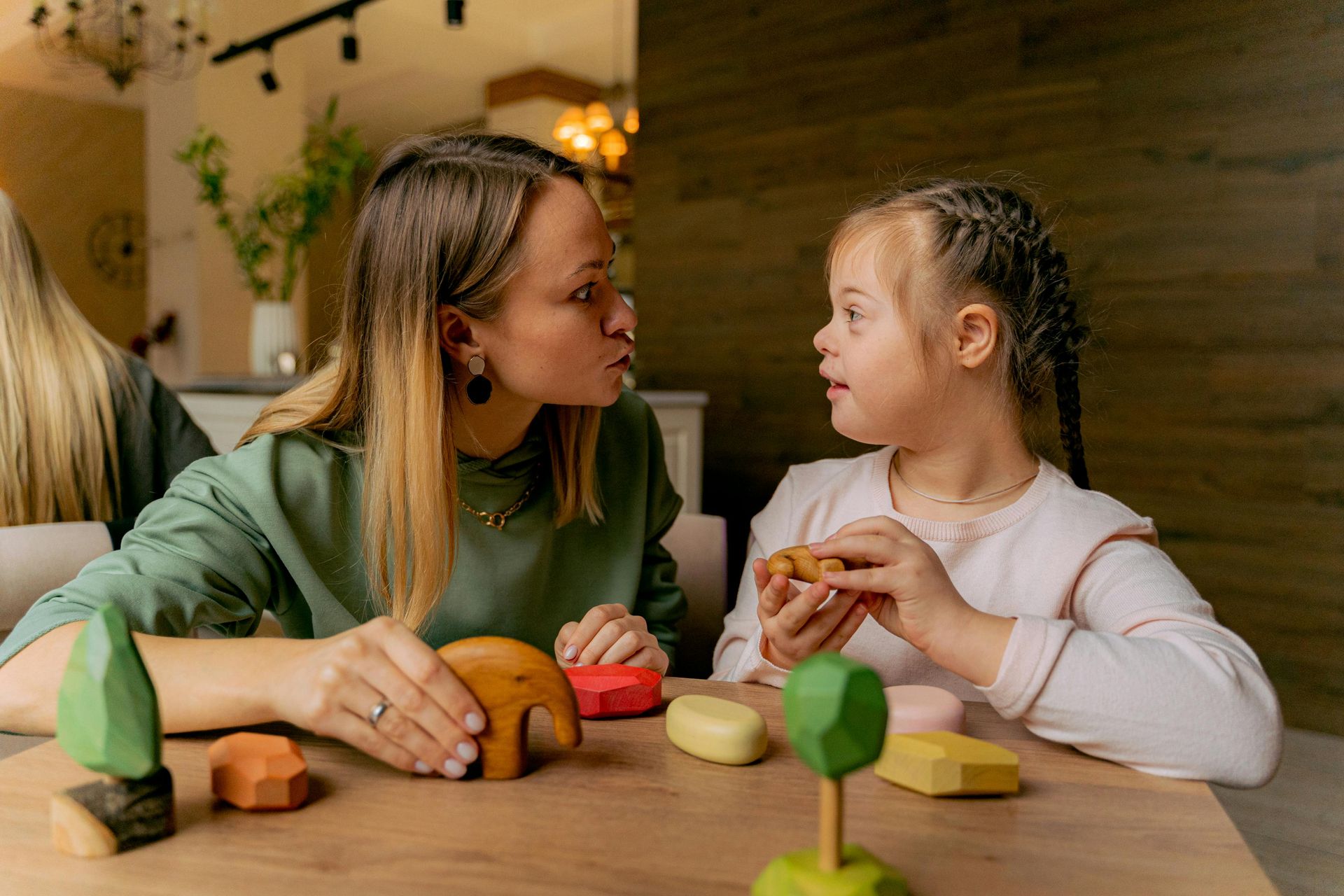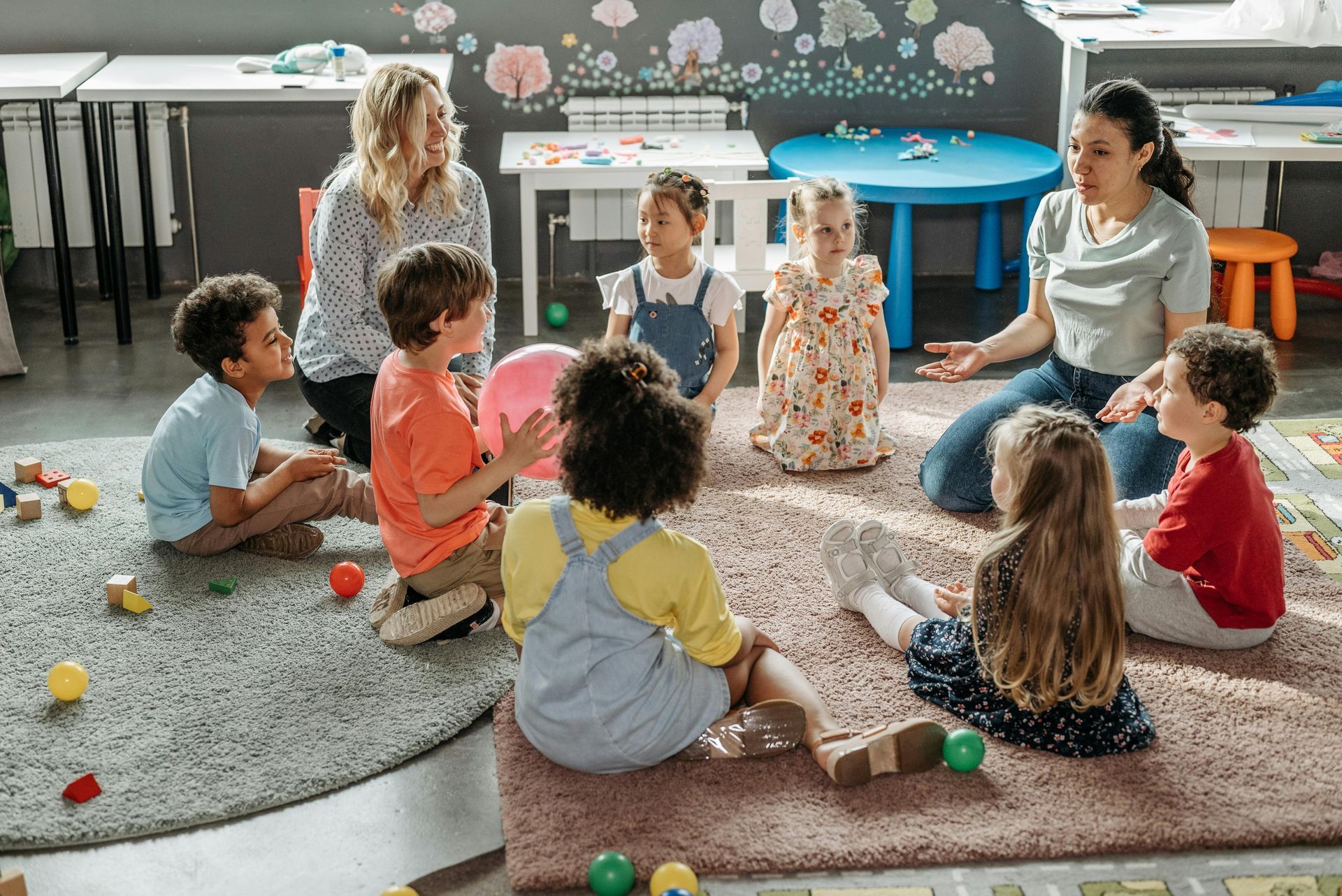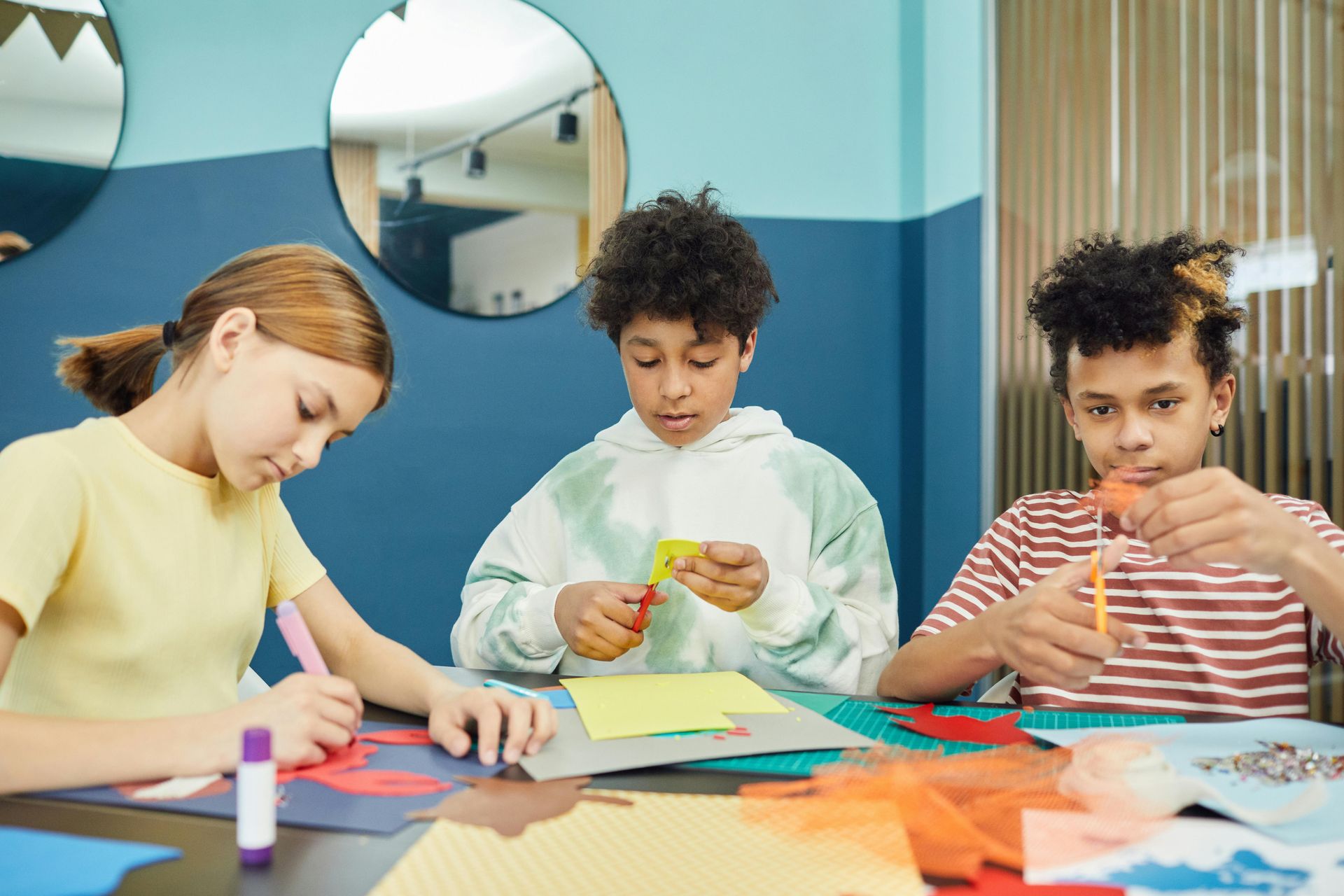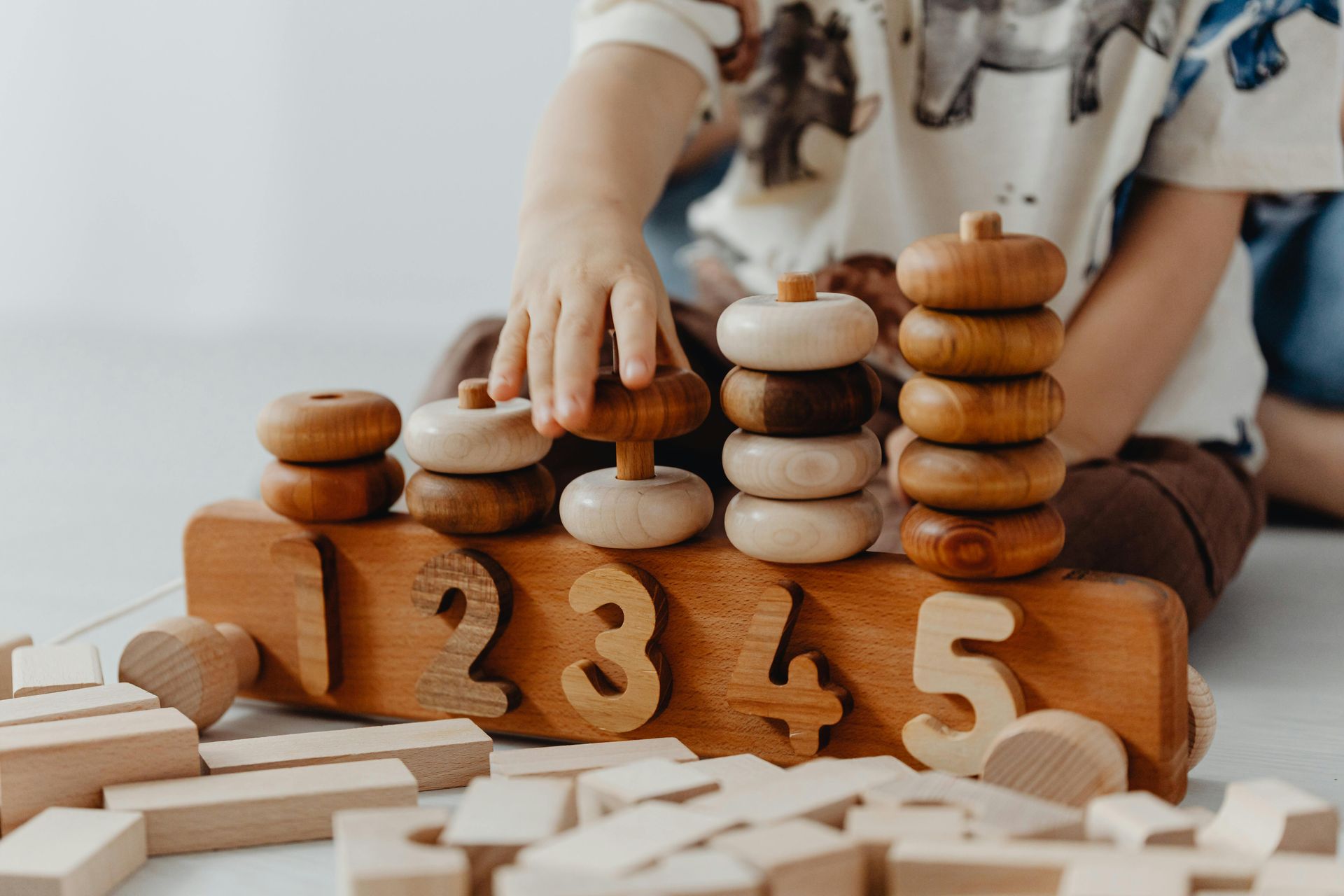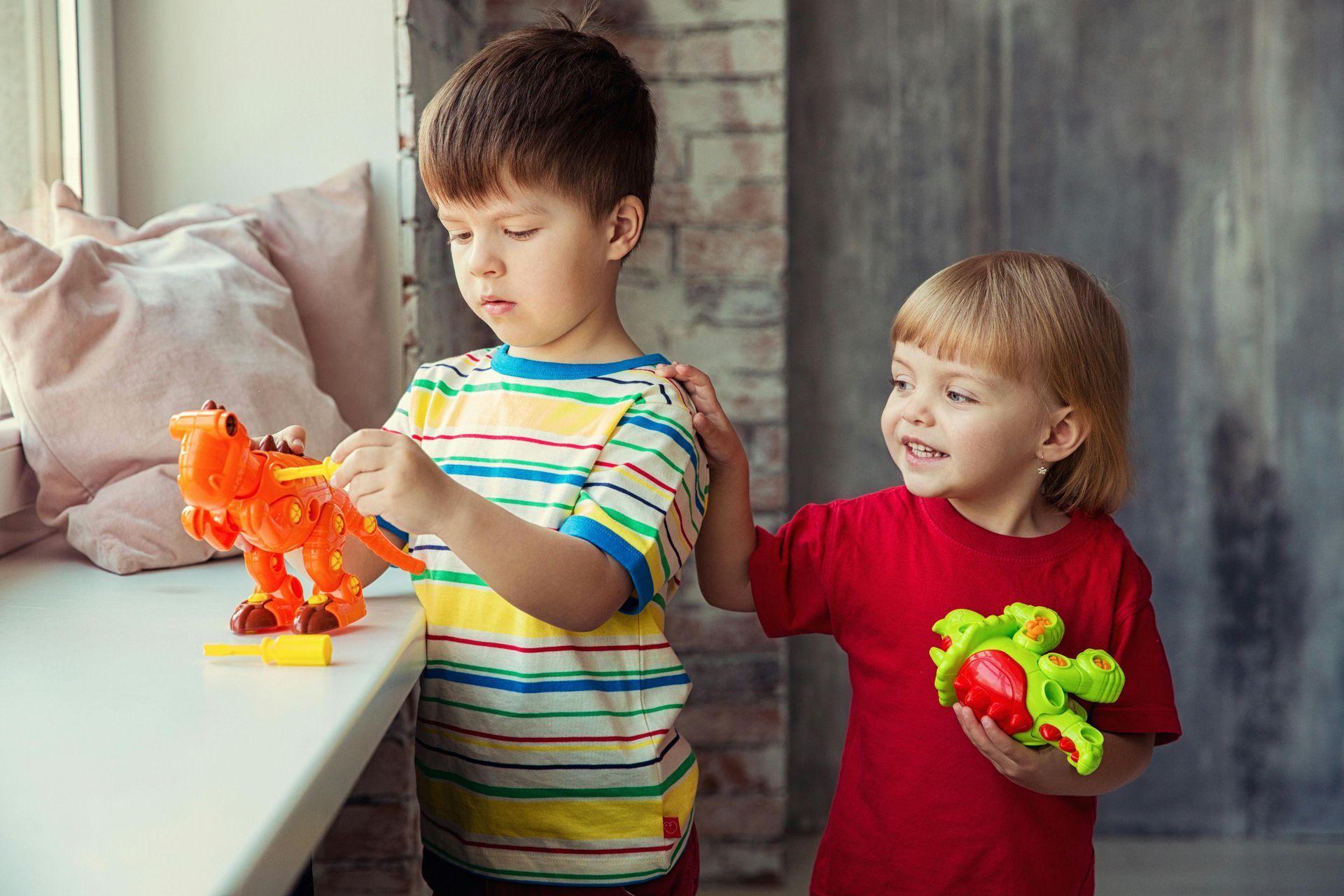Building Positive Relationships in Preschool: How Early Social Interactions Shape Future Success

Social interactions play a crucial role in a child's early development. From the moment they enter preschool, children are learning how to engage with others, form relationships, and navigate the complex world of social dynamics. At Kid’s Avenue Learning Center, we understand that positive social interactions in preschool set the stage for a child’s emotional, academic, and social success. By providing opportunities for children to engage with their peers in a safe and supportive environment, we help them build the skills they need to form healthy relationships and thrive in the future. In this blog, we’ll explore how positive relationships in preschool impact a child’s development and how parents and teachers can support these early social connections.
Why Social Interactions Matter in Preschool
Preschool is a critical time for children to learn and practice essential social skills. During this time, children begin to develop the ability to understand and express their emotions, share with others, take turns, cooperate in group settings, and resolve conflicts. These social skills are important not only for success in preschool but also for success in future academic and life experiences.
Positive social interactions help children develop empathy, self-regulation, and emotional intelligence, all of which are vital for their overall well-being. Research has shown that children who develop strong social-emotional skills in the early years are more likely to succeed in school, form positive relationships, and handle challenges with resilience.
The Role of Teachers in Fostering Positive Relationships
Teachers play a key role in helping children develop positive relationships with their peers. At Kid’s Avenue Learning Center, we recognize that the teacher-child relationship is foundational to a child’s social development. Teachers act as role models, guiding children in how to interact with others, express their feelings appropriately, and build friendships.
- Modeling Positive Behavior: Teachers model positive social behaviors by interacting respectfully and kindly with children. Through their own actions, teachers demonstrate how to listen, take turns, and express emotions in a healthy way. Children observe these interactions and learn how to replicate them in their own relationships.
- Facilitating Social Play: Teachers create opportunities for children to engage in social play, where they can interact with their peers, practice communication skills, and work together to solve problems. Teachers encourage group activities such as cooperative games, art projects, and group discussions that foster collaboration and teamwork.
- Encouraging Empathy and Conflict Resolution: Teachers at Kid’s Avenue help children develop empathy by encouraging them to consider other people’s feelings and perspectives. When conflicts arise, teachers guide children through the process of resolving them, helping them learn to negotiate, share, and apologize when necessary. These experiences help children build social-emotional skills that will serve them well in future relationships.
Supporting Social Development at Home
Parents play a vital role in supporting their child’s social development outside of preschool. To foster positive relationships, parents can:
- Encourage Playdates and Social Opportunities: Providing children with opportunities to interact with peers outside of preschool is crucial for their social growth. Whether through playdates, family gatherings, or group activities, children benefit from practicing social skills in a variety of settings.
- Praise Positive Social Interactions: When children engage in positive social behaviors, such as sharing, taking turns, or expressing their feelings appropriately, parents should praise and reinforce these actions. Positive reinforcement helps children understand the importance of good manners, cooperation, and respect for others.
- Model Healthy Relationships: Just like teachers, parents act as role models for children. By demonstrating healthy relationships and effective communication, parents can teach children the value of respect, empathy, and kindness.
At Kids Avenue Learning Center, we are dedicated to fostering early literacy skills in preschool to set the stage for lifelong reading, while also supporting children with special needs by creating an inclusive learning environment for all.
Conclusion
Building positive relationships in preschool is essential for a child’s social, emotional, and academic success. At Kid’s Avenue Learning Center, we are committed to providing a supportive environment where children can develop the skills they need to form healthy, lasting relationships. Through teacher-led activities, guided social play, and strong parent involvement, we help children build the foundation for positive social interactions that will benefit them throughout their lives.
